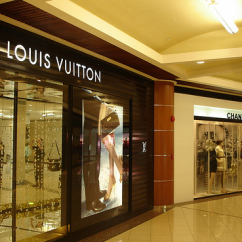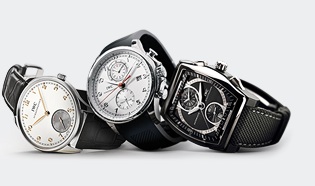Articles and News
WHAT TO EXPECT FROM LUXURY SHOPPERS IN 2012 December 28, 2011 (0 comments)

New York, NY—Milton Pedraza, CEO of The Luxury Institute, says luxury in the post-recession era has returned to what it always was: a very exclusive market centered on the very best in craftsmanship, design, and service.
In J. Walter Thompson’s JWT Intelligence newsletter, Pedraza discussed shifts in the luxury market from the exuberance of the early 2000s to the austerity of the recession to the balance of today. But while the market has shifted, the definition of true luxury hasn’t, he says. What has dropped out is so-called “pretend luxury,” where brands were willing to compromise some quality to bring in entry-level products for aspiring consumers who, for their part, also were willing to go into debt to buy into the brand cachet.
How has that changed the luxury landscape? According to Pedraza:
- There still is a quest to own the best. There’s satisfaction in knowing you can afford the best and it does convey a certain status, which all humans seek at some level. But consumers demand value for the investment in the product.
- There is a quest for optimization of luxury dollars that wasn’t there in 2007 and earlier. Consumers, even aspirational ones, are willing to invest significant sums of money into a product that lasts.
- The guilt is gone. The majority of true luxury consumers feel they’ve earned their money without damage to society, and for them, status is secondary to a sense of reward.
- Luxury consumers today can afford what they buy; they’re not spending on credit beyond their means. For aspirational customers, purchase occasions are fewer than before the recession, but they still will buy. It’s an occasional splurge carefully considered and justified by the investment value of the product.
- Advertising is still important, but brands’ marketing focus is on building long-term relationships.
Separately, MediaPost.com’s prognosis for luxury spending in 2012 says it's a year that will be all about fancy suits, fast cars, and especially, giving value for money. (What goes well with a fancy suit and a fast car? A luxury wristwatch!)

With a demonstrable rise in luxury menswear sales, there's nothing like an elegant timepiece to complete the look. Here, a group from IWC Schaffhausen.
Said the blog:
- Value is simply becoming more important to luxury consumers. Affluent consumers, regardless of the product being considered, are more concerned with getting what they pay for.
- Assume the top tier of affluent will continue spending. They’ve said in multiple surveys that the economy isn’t going to negatively affect their spending.
- Sales of the top European luxury car brands Ferrari, Maserati, Lamborghini, Bentley, Rolls-Royce and Aston-Martin are predicted to show a 19% to 30% rise for 2011 and gain another 13% in 2012.
- Casual Fridays and working from home hasn’t dampened desire for fine menswear. Luxury suitmaker Brioni is anticipating a good year in 2012, as are other high-end fashion accessories and health and beauty aids for men.







